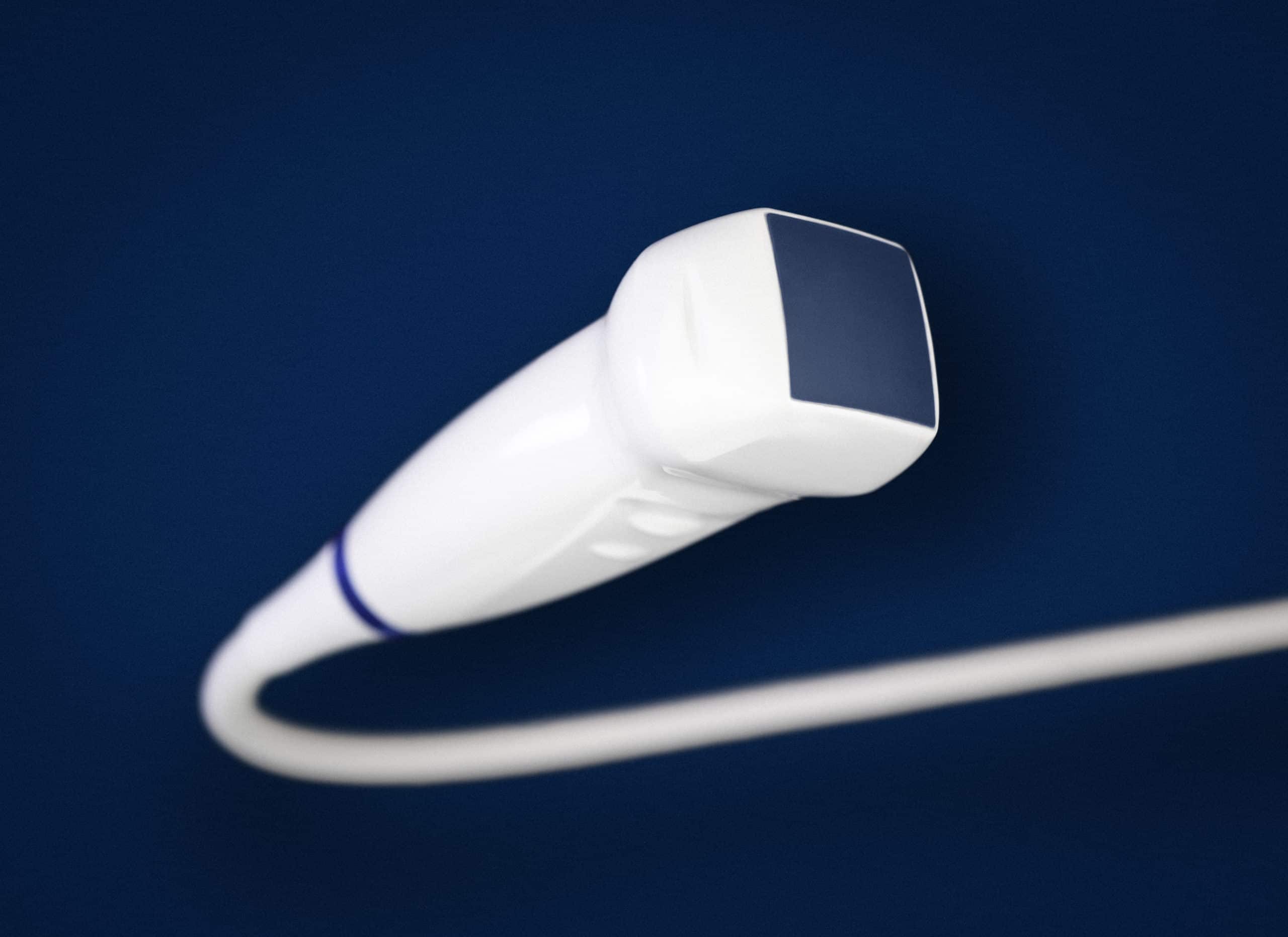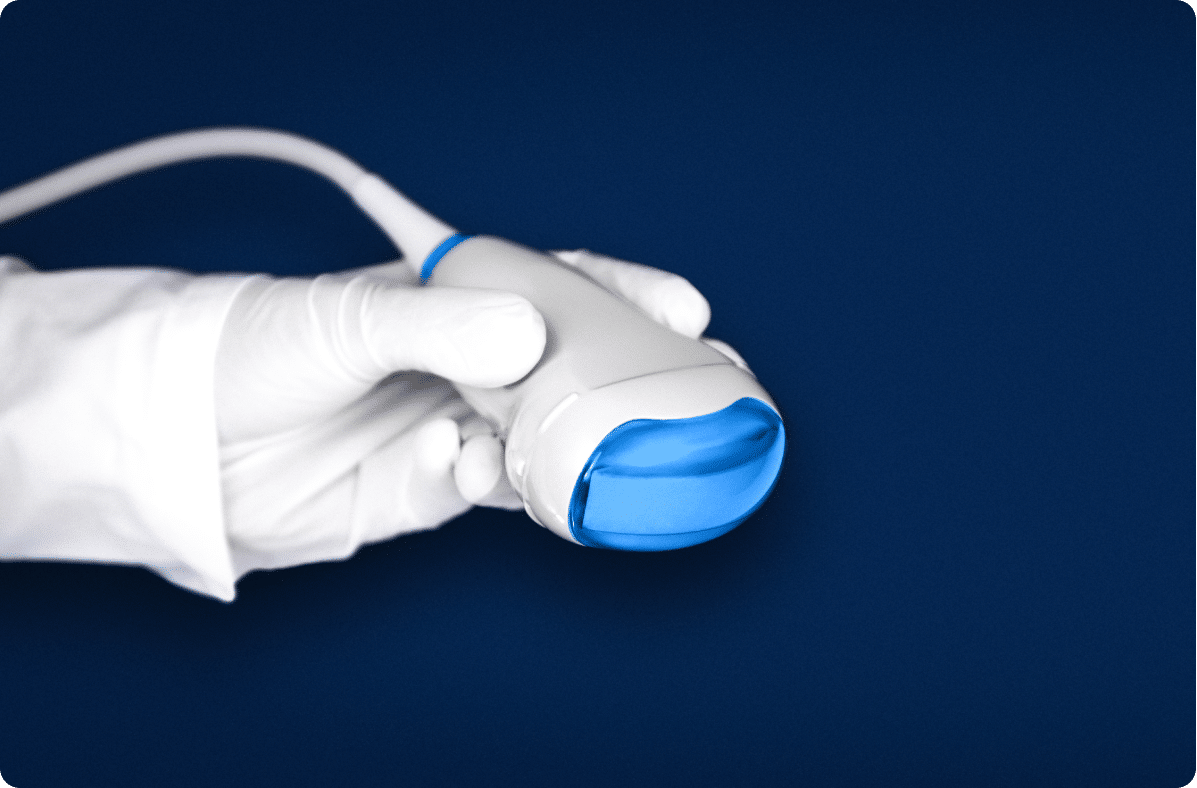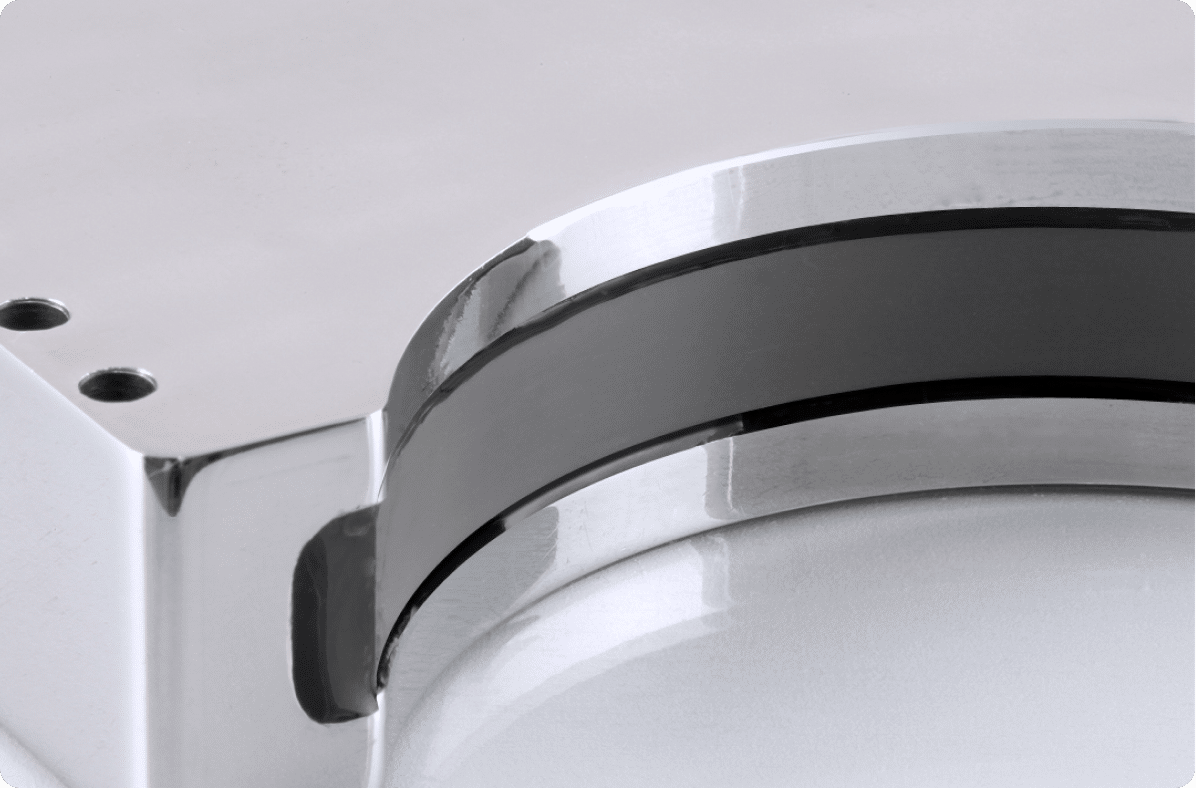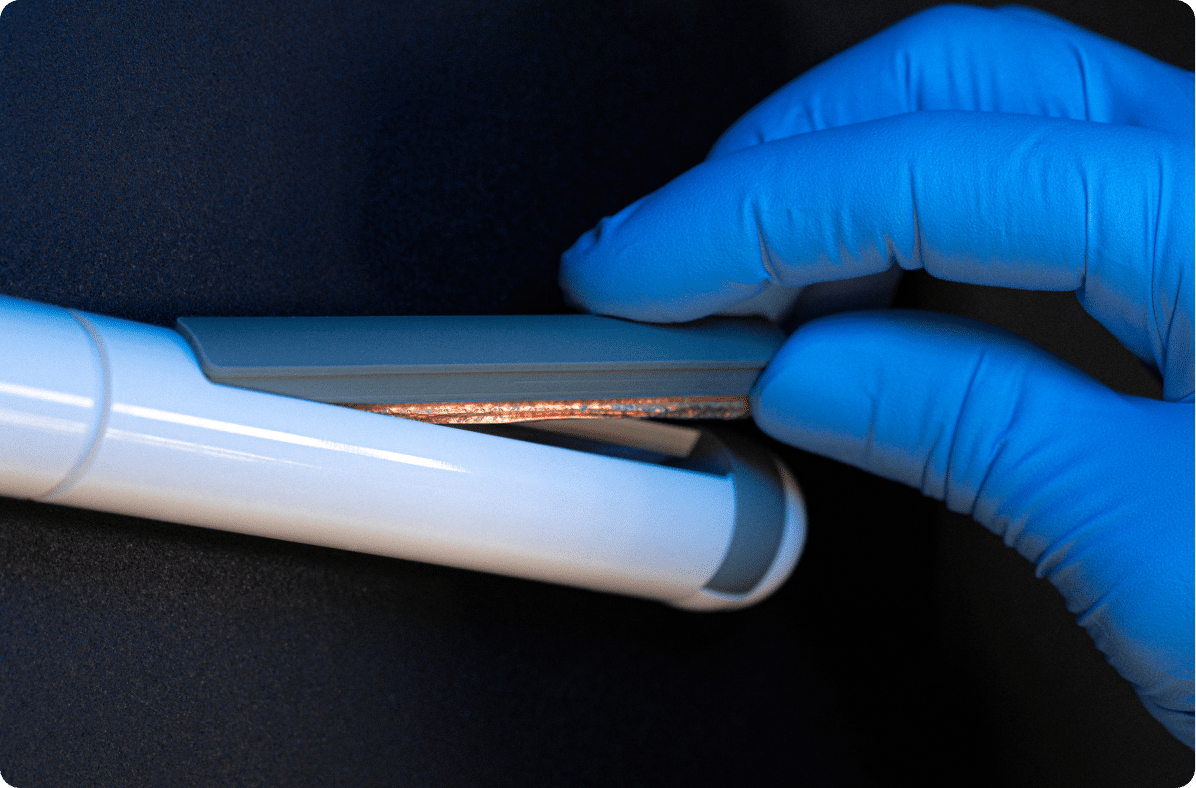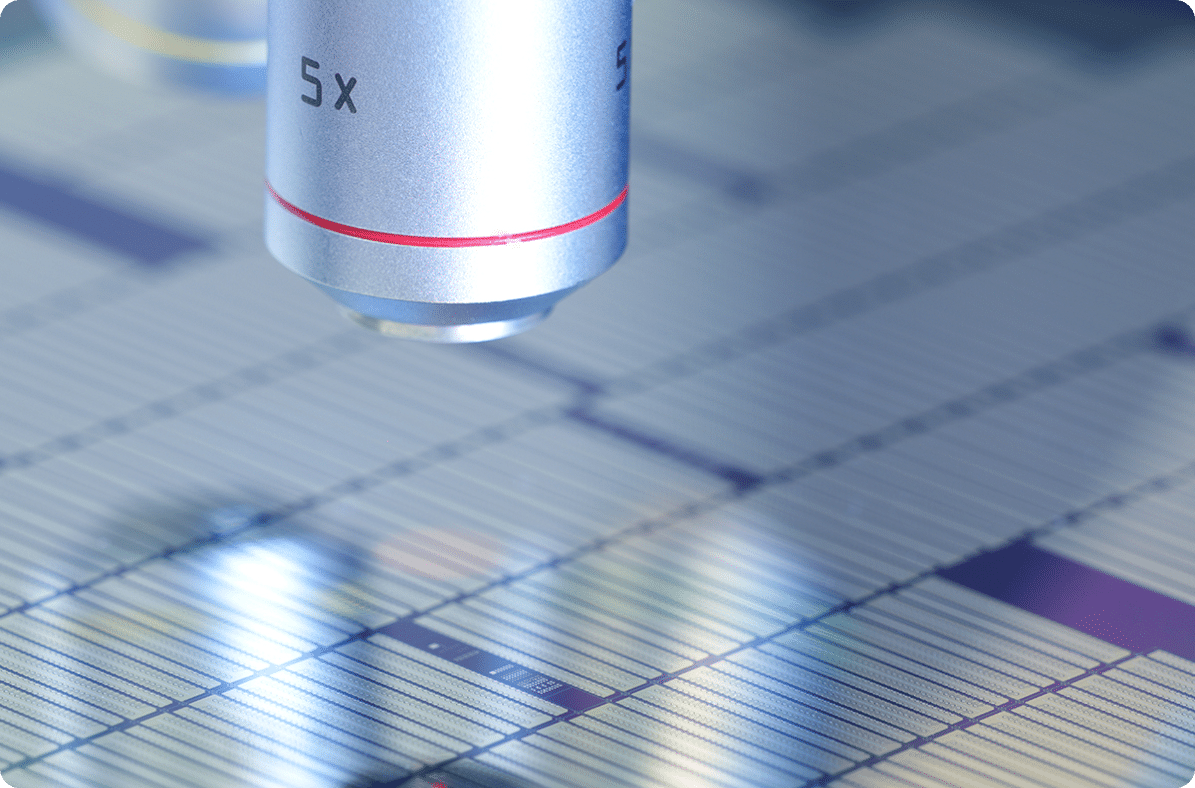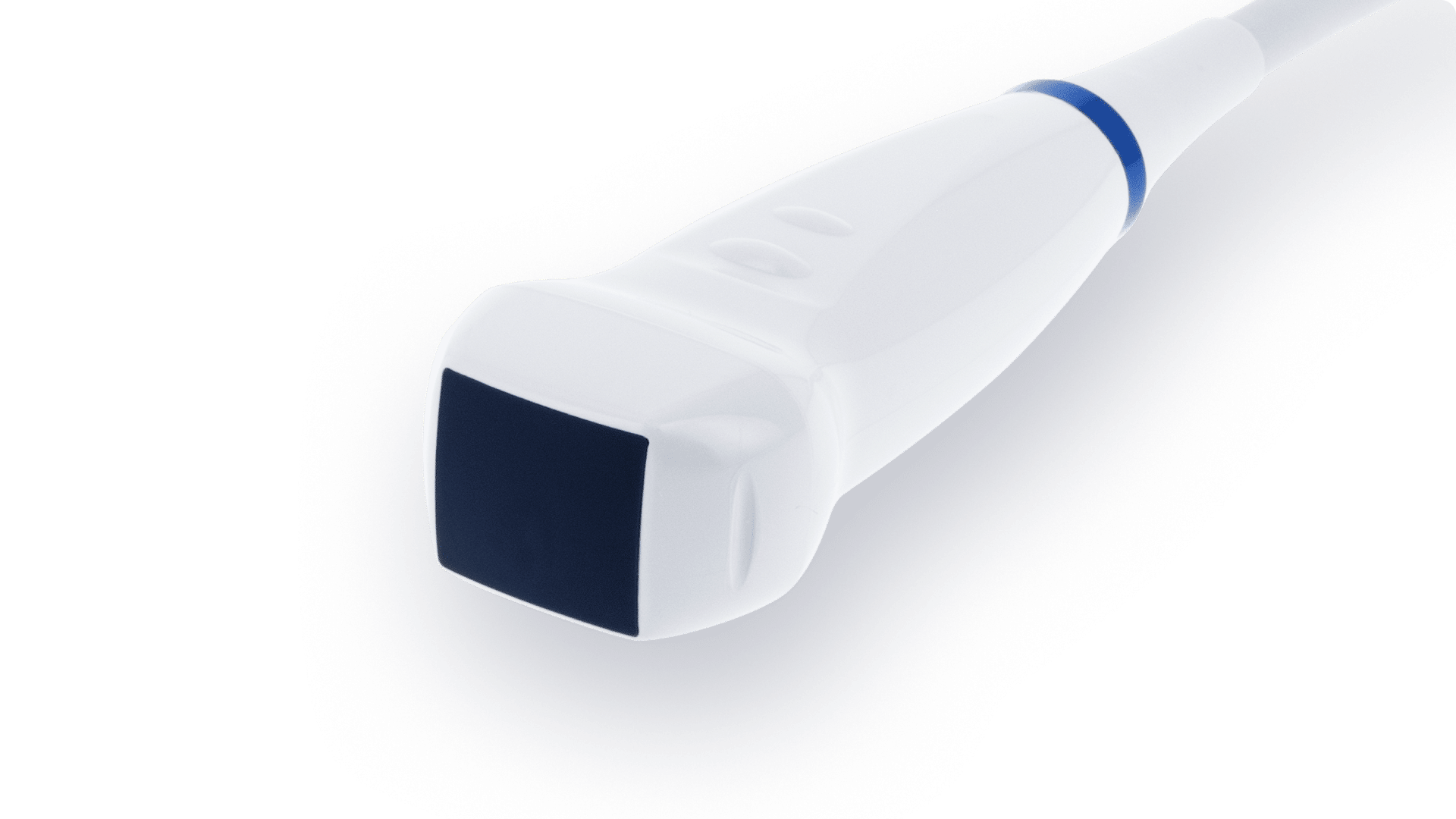Phased Array Probes
Experience full range of phased array probes from cost-effective piezocomposite PC to high-end single crystal ones. Combining compactness and versatility for heightened usability, these probes provide an expansive field of view from a small footprint.
Display mode:
Img
Product
Type

Elements

Frequency

Pitch

Curvature

Aperture

Focal
A conventional phased array transducer is composed of 64 to 128 small active small elements (typically of width the half-central wavelength), each electrically isolated and arranged in a single row for 1-D phased arrays. By controlling the time and sequence at which the individual transducer elements are fired, the resulting ultrasound beams can be steered along one direction. By rapidly steering the beam to generate a series of scan lines at varying directions from one side of the transducer to the other, a sector image is produced.
One of the main advantages of phased array probes is the large field of view within the body with a compact size probe. A common application for this type of array is cardiac imaging where its small footprint allows intercostal imaging.
